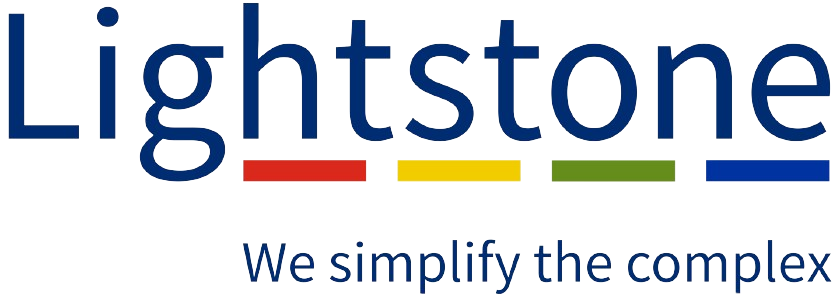
In 2025, the race to become the leader in PropTech is no longer just about disruption – it’s about responsibility. As artificial intelligence reshapes the global real estate landscape, questions around bias, explainability and trust persist. Lightstone’s approach offers a new path – one that puts clarity above complexity, values people above black-box predictions and drives intelligence above tech. With its recently awarded European AVM Alliance (EAA) accreditation, Lightstone is proving that you need a bold vision, and the discipline to build technology that serves people first.
“We're not building AI to impress people. We're building it to empower them,” says Paul-Roux de Kock, Chief Analytics Officer at Lightstone. “Our mission is to make AI transparent and trustworthy, so that people can understand and rely on the intelligence shaping some of their most important financial decisions."
PropTech’s promise: Local grit, global standards
South Africa presents a unique challenge for PropTech – a complex post-sale registration process, slow-moving municipal systems, and a housing market marked by deep historical inequalities. For over 16 years, Lightstone has quietly revolutionised this landscape, bringing data, insight, and automation to banks, Estate Agents, and consumers navigating a fragmented system. The AiVM solution, now a staple across the home loan lifecycle, began as a tool to help banks cut costs and speed up origination. Today, it powers high-stakes financial decisions, informs Estate Agent strategies, and even helps consumers dispute inaccurate municipal valuations. But what truly sets it apart is its robustness, independence, and explainability.
"We’re not chasing trends. We’re solving real-world problems using intelligent systems that are built to serve people. That means more accurate valuations, more access to credit, and more confidence in the real estate ecosystem," adds de Kock.
Building with local complexity in mind
From dense townships to luxury estates, South Africa’s housing stock is as varied as its people. This makes valuation especially tricky. Lightstone’s AiVM addresses this by providing confidence scores, layered datasets, and tools that allow humans to interrogate every AI-driven prediction. More than just accuracy, it's about responsibility. Lightstone also monitors its models to ensure they don’t inadvertently perpetuate red-lining or bias against previously disadvantaged communities. While they don’t override data, they ensure the AiVM reflects recent market realities without prejudice through advanced outlier detection algorithms and verification through multiple data sources.
The greater vision – interconnected intelligence
Property is just the beginning - with thriving arms in automotive and retail analytics, the company is now shaping a unified intelligence ecosystem. Learnings in one vertical - like vehicle residual value forecasts - feed innovations in another. What connects it all? A centralised analytics team with a commitment to bold innovation, while ensuring adherence to robust peer reviews and compliance with governance standards set by the group's AI forum and shareholder-level oversight committees.
“While others chase general AI, we are resolutely focused on ‘narrow AI’ – models built for specific tasks with high reliability and low risk. The real power of AI in our organisation lies not in doing everything, but in doing the right things really well,” says de Kock.
The future of PropTech is ethical, explainable, and human
In the next five to ten years, Lightstone envisions a property market where transactions can be finalised and registered in a week or less, if the right digital tools and integrations are in place. From tackling delays in the registration process through strategic partnerships to pioneering ESG-integrated valuations, Lightstone aims to lay the groundwork for the next evolution in real estate intelligence.
“The real breakthrough isn’t fancier tech, it’s better real-world outcomes,” says de Kock. “We’re using AI to amplify human judgment, bring transparency to every transaction, and help build a more inclusive property ecosystem that empowers people with insights they can trust.”

